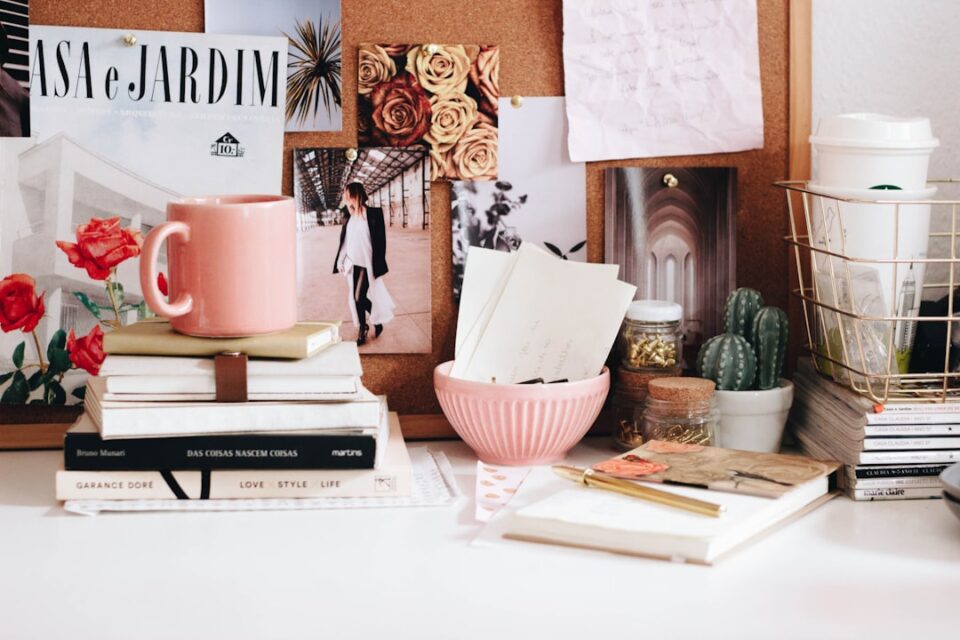In today’s fast-paced world, it’s important to have a sanctuary where you can unwind and relax. Your home should be a place that promotes tranquility and helps you de-stress from the demands of daily life. If you’re looking to create a calming and stress-free home environment, here are some tips to get you started.
1. Declutter and organize: A cluttered space can lead to a cluttered mind. Start by decluttering your home and getting rid of items that no longer serve a purpose or bring you joy. Having a clean and organized space will instantly make your home feel more calming and peaceful.
2. Choose soothing colors: Colors have a direct impact on our mood and emotions. Opt for soft, neutral colors like blues, greens, and grays that have a calming effect. These colors can help you relax and create a serene atmosphere in your home. Avoid loud and bright colors that can be overstimulating.
3. Bring nature indoors: Nature has a calming effect on our minds and bodies. Incorporate plants into your home to create a sense of tranquility. Not only do plants purify the air, but they also add a touch of natural beauty to your space. Additionally, consider using natural materials like wood and stone to create a more organic and grounding feel.
4. Create a cozy seating area: Establish a comfortable and inviting space where you can retreat and unwind. Invest in a cozy armchair or a plush sofa where you can curl up with a good book or simply relax. Add soft cushions, blankets, and warm lighting to make the area even more inviting.
5. Minimize technology: In today’s digital age, it’s easy to be constantly connected and bombarded by technology. Designate technology-free zones in your home, such as the bedroom, to create a space dedicated to relaxation and rest. Turn off or hide electronic devices to create a peaceful environment that allows you to disconnect from the outside world.
6. Incorporate calming scents: Scents have a powerful influence on our mood and can help create a soothing atmosphere. Use essential oils, scented candles, or incense to create a calming aroma in your home. Lavender, chamomile, and jasmine are known for their relaxation properties and can help reduce stress and anxiety.
7. Use soft lighting: Harsh and bright lighting can be overwhelming and create a tense atmosphere. Opt for soft, warm lighting to create a calming ambiance. Use floor lamps, table lamps, or string lights to create a gentle and comforting glow. Consider installing dimmer switches to adjust the lighting to your desired level of relaxation.
8. Establish a designated relaxation space: Create a designated area in your home where you can focus on self-care and relaxation. This could be a yoga or meditation space, a reading nook, or a corner with your favorite hobbies. Having a designated space that is solely dedicated to relaxation will help you prioritize self-care and make it a regular part of your routine.
9. Embrace natural light: Natural light has numerous benefits for our well-being. It boosts mood, improves sleep patterns, and enhances productivity. Ensure that your windows are unobstructed and let the natural light flow into your home. Consider using sheer curtains instead of heavy drapes to allow maximum sunlight to enter your space.
10. Incorporate calming sounds: The sounds in your home can greatly impact your stress levels. Consider playing soft instrumental music or nature sounds like rain or waves to create a calming and soothing atmosphere. You can use music systems or sound machines to help you unwind and relax.
Creating a calming and stress-free home environment is essential for your overall well-being. By implementing these simple tips, you can transform your space into a sanctuary where you can escape from the hustle and bustle of everyday life. Remember, your home should be a place of calm, comfort, and rejuvenation.

